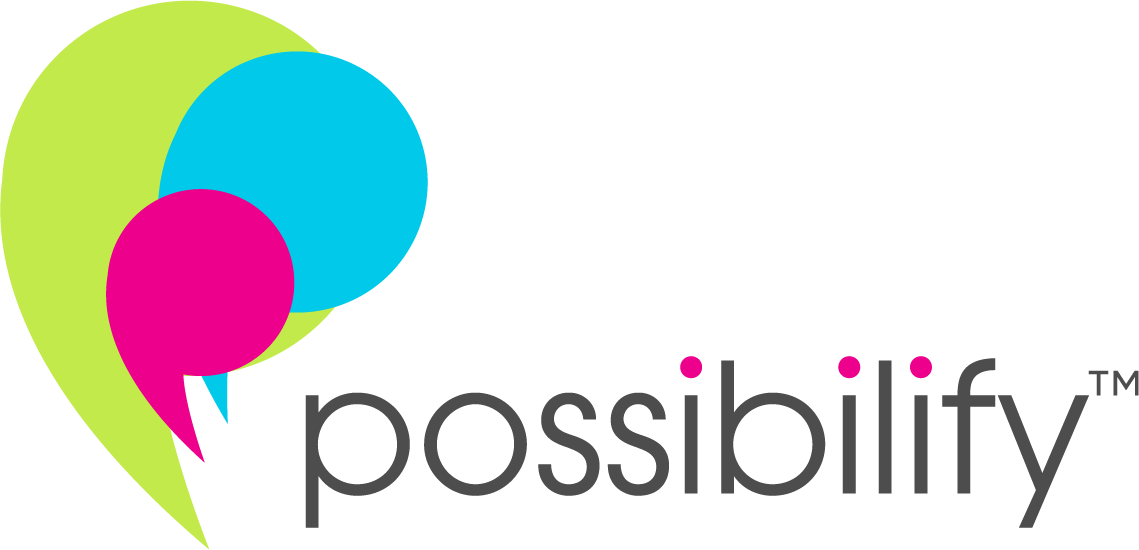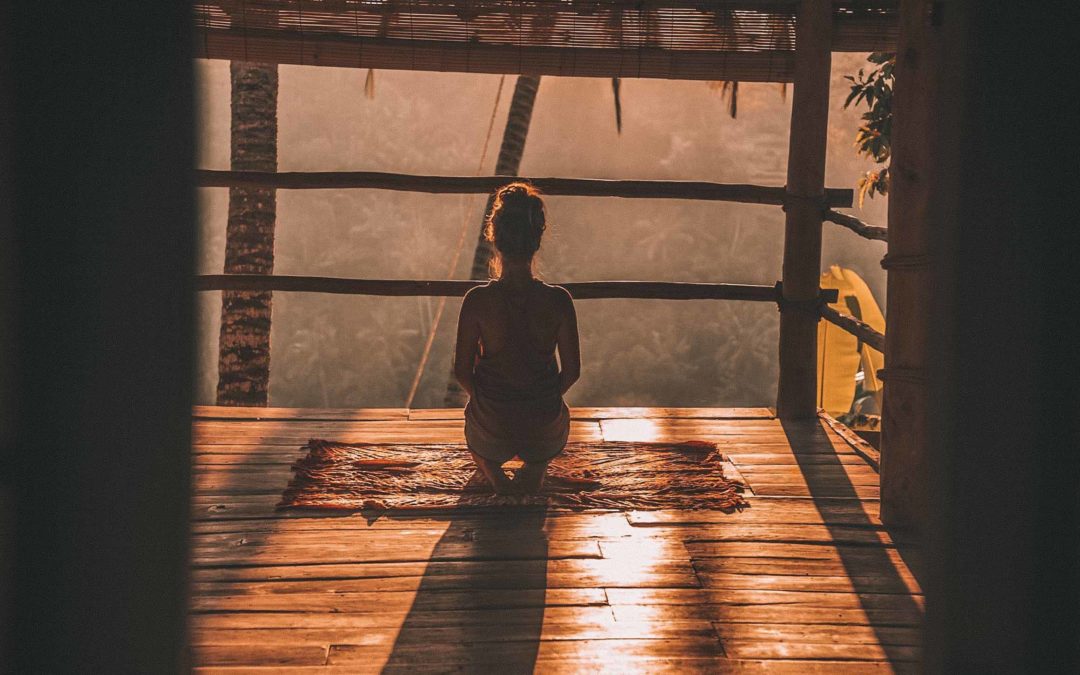- Anti-Racism Tip #8: If It Needs a Disclaimer, Don’t Say It - October 18, 2022
- On Tender Moments that Take Us By Surprise - May 18, 2022
- Finding Creative Ways to Exercise During the Pandemic - April 29, 2022
I’m a super productive person even without a morning routine. Yep, I said it.
This statement contradicts a lot of what productivity experts recommend. They say that to be productive, one must have a consistent, deliberate morning routine. The kind of morning routine they recommend consists of waking up really early, journalling, meditation, and setting out your goals for the day. One example is set out by Hal Elrod in his best-selling book The Miracle Morning (which incidentally is on my list of books I would like to read).
Don’t get me wrong…
On paper, I have nothing against a morning routine like this. In fact, I would like to some day have the energy and privilege of following just such a routine. But I do, however, have something against experts implying that those without this type of morning routine are not productive, efficient and doing amazing things in the world.
Over the past five years, extreme fatigue has hit me in waves. Despite this, during that timeframe, I have managed to finish my PhD, publish academic articles, start and maintain this website, write a third of my first young adult novel, and be present for my husband and children – all while working full-time.
And guess what? I haven’t had a morning routine during this time.
I listen to podcasts focused on productivity. During the period that I have been struggling with fatigue, I have been bombarded with the continuous message that I should be getting up earlier and instituting a morning routine to maximize my productivity.
The reality I have been living contradicts what all of these experts have been saying. I have made deliberate choices to structure my days so that I get 12 hours of sleep a night when my body requires it. I have made deliberate choices to drag myself up out of bed when my kids wake me up so that I can help them get ready and send them off to school.
I have been productive without a morning routine.
So in reflecting on the consistent message about how a morning routine is essential for productivity, I have come up with a list of people in situations where a morning routine probably won’t work for them:
- People who are working multiple jobs to pay their bills
- People living in contexts of violence who are focused on their daily survival
- People who are grieving the loss of their loved ones
- People who are recovering from extreme trauma
- People who don’t have a quiet space of their own to follow this routine
- People suffering from chronic fatigue
- Women who are within the first two years of having a child and their sleep is consistently interrupted
And it’s likely that I have missed some people who should be on this list.
One of the things this list reveals is that a morning routine doesn’t make sense for everyone. It also reveals that a morning routine is something reserved for those who have the privilege of enough time, space and energy to follow it. Finally, it reveals that a morning routine is more likely to be available to men and those with enough money to have the time and space to follow such a routine (this last realization is reminiscent of Virginia Woolf’s A Room of One’s Own).
So for now, I’ll continue being productive without a morning routine. I’ll sleep late when I need to and I’ll accomplish my goals at my own pace.
And I’ll tell you what… I won’t judge you for having a morning routine, if you don’t judge me for not having one.
Please post a comment below and let us know whether you follow a morning routine and whether it has been helpful for you (we promise not to judge you either way!).
And if you liked this article, check out some of our other articles on productivity:


As a life and business coach I recommend a morning routine to all my clients. For some they fall into the category as you listed in your blog post, so there routine revolves around the process and the fragrance of their morning coffee. Being present and grateful. For others it’s more complex and in-line with what the experts recommend. I believe wholeheartedly that starting our day off in a place of gratitude and mindfulness does serve each of us. In fact it’s the one thing all the major religions around the world agree on; in some form or another whether it’s meditation prayer mindfulness. We’re so busy rushing around, taking a some time to start the day of well is a really really good thing, in my.
Hi Lisa! Yes, I can see a very short, adapted morning routine being helpful. I wonder though if even the suggestion that everyone should get to an ideal morning routine is flawed. I know, for example, there is some science behind when people are most productive and some people are great in the morning and others really are night owls and are most productive at that time of day. So a very long morning routine could actually impeded the productivity of the night owls if it means they have to cut into that productive time for them… Just some thoughts to ponder…
I think you are right that many function very well without a morning routine. Since I retired I have had the privilege of being able to have a consistent morning routine, but when my life becomes stressed with unexpected events, I am forced to adapt what I normally do in the mornings. I know it’s good to do things differently but I find I have to work very hard to overcome my reluctance to change. It may be better for me to just have a morning routine 5 days a week and take weekends off from it. The opposite may be true for those who work.
I can see why having a morning routine is ideal. In fact, at some point, I would love to have one. I just think people who recommend it need to be aware that it just won’t work for everyone in its ideal form. Like you said, there will be times when it just is not possible and I like your idea for an approach that gives some flexibility about taking days off. Thanks for sharing your thoughts on this! Kirsten